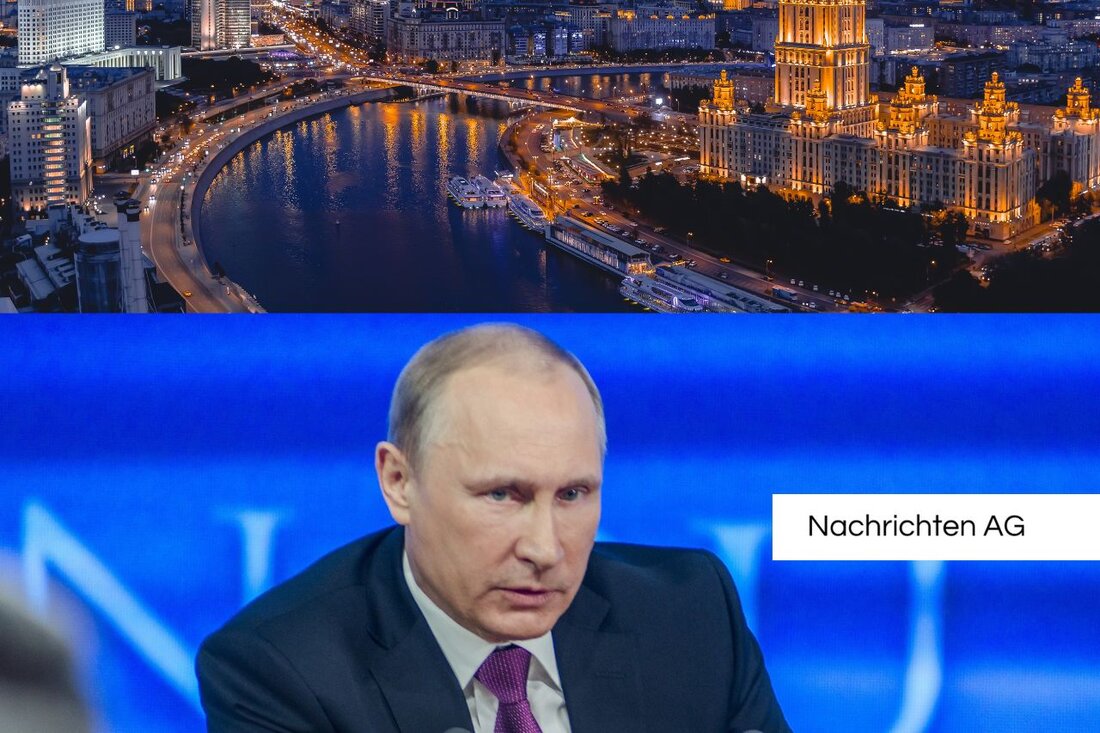Vienna Congress: This is how Europe formed after Napoleon's defeat!

Vienna Congress: This is how Europe formed after Napoleon's defeat!
Leopoldstadt, Österreich - The importance of Vienna as an international center is particularly impressive using the example of the Vienna Congress, which took place from September 18, 1814 to June 9, 1815. The event was organized under the direction of the Austrian Foreign Minister Fürst Klemens by Metternich and gathered emperors, kings, ministers and statesmen from all over Europe in the house on Ballhausplatz, where the Federal Chancellery is now based. The aim of this congress was the definition of a new order in Europe according to the turbulent Napoleonic wars. The decisions at the congress were mainly made by the four major powers of Russia, Great Britain, Prussia and Austria, while the French representative Talleyrand had only limited influence.
An essential part of the congress agenda were the five principles that should lead to the creation of a stable Europe: 1. The restoration of the political order from 1792, 2. The legitimacy for the return of the rulers' houses displaced by Napoleon, 3. The guarantee of the sovereignty of the monarchy, 4. The obligation to undertake revolutionary movements and 5th European powers. These principles laid the foundation for relative stability in Europe.
territorial new regulations
The Viennese Congress also brought far -reaching territorial changes. Austria gave up its left bankruptcy owners and the formerly Austrian Netherlands went to the Kingdom of the United Netherlands. At the same time, significant regional gains for Austria were achieved. Tyrol, Vorarlberg, Carinthia, Carniola, Trieste, Galicia, Milan, Veneto, Dalmatia and Salzburg fell back to the Habsburgs. These changes served the goal of preventing France's expansion and securing the presence of the great powers in Central and Southern Europe. The foundation of the German Confederation was also part of these new regulations, which should guarantee peace in Europe according to the model of the new security systems.
The decisions were recorded in the final act of the Vienna Congress on June 9, 1815. After all, these agreements should secure peace in Europe for almost 100 years until the revolutionary shocks from 1848/49 occurred. Napoleon's return from Elba and his failed attempt to regain power in France contributed to the complexity and dynamics of this time. The Austrian heir to the throne Franz Ferdinand later became the trigger for the First World War, which should completely destabilize the fragile balance of international relations.
long -term effects of the Vienna Peace Ordinance
The peace order established by the great powers was stable until the outbreak of the Crimean War in 1854. During this time, Europe experienced relatively quiet years, prevented larger conflicts and significantly reduced the loss of war. Between 1815 and 1914 there were only five limited conflicts with great power participation by trying to maintain a balance, consisting of Great Britain, Russia, France, Austria and Prussia. This was a remarkable difference to the bloody arguments of the 18th century.
Overall, it can be said that the Vienna Congress established both a reorganization of the European map and a geopolitics of balance. For this purpose, the BPB published an analysis on the effects of the congress on the international order from 1815 to the First World War. The stable conditions were repeatedly questioned by national efforts and imperialist ideas, but this early period shaped this early period.
The historical data and processes that come from the Vienna Congress are still of interest and meaning. The teachings from this time are not only for historians, but also for the design of modern international relationships.
| Details | |
|---|---|
| Ort | Leopoldstadt, Österreich |
| Quellen | |
